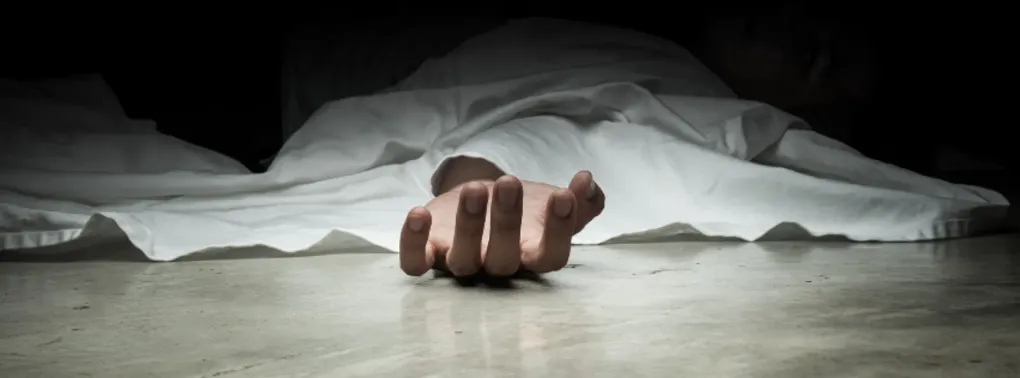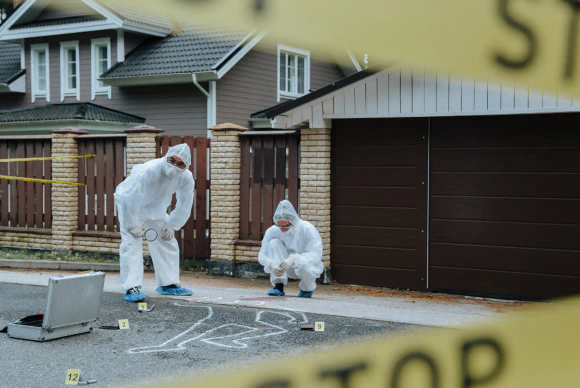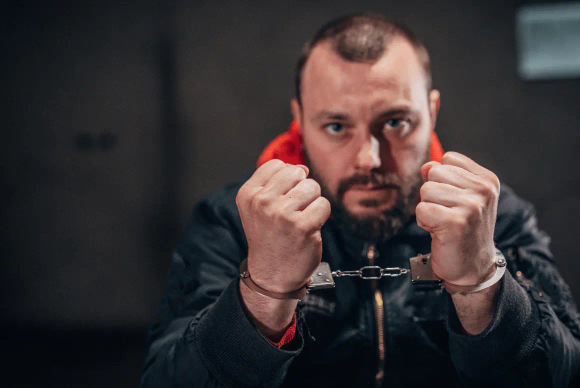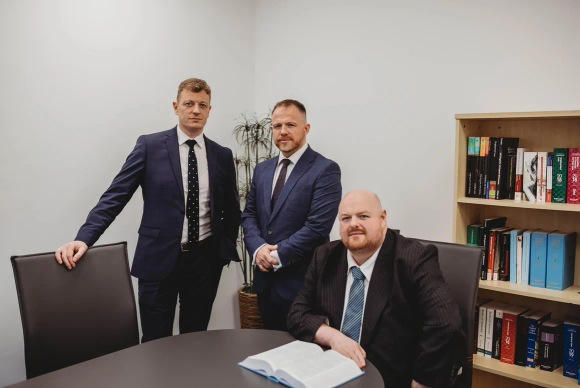If you, or a loved one, are facing murder conspiracy charges, you’ll likely have a lot of questions. We’ve listed some of the most common below. If you have any other questions - please get in touch with us directly for a free 30 minute legal consultation.
How long do you get for conspiracy to murder?
In the UK, sentences for conspiracy to murder range from 10 years to life imprisonment. The exact length depends on factors such as the severity of the plan, the role of the accused, and whether the conspiracy involved aggravating factors like premeditation, use of firearms, or connections to organised crime. Courts will also consider mitigating factors, such as a minor role in the conspiracy or cooperation with authorities.
What evidence is needed for a conspiracy charge?
To prove conspiracy, the prosecution must demonstrate an agreement between two or more people to commit a crime and intent to carry it out. Evidence can include intercepted communications, surveillance footage, witness testimony, or financial transactions linked to the conspiracy. The prosecution must establish a clear connection between the accused parties and the criminal intent, even if no physical act was taken toward committing the crime.
What is conspiracy to murder?
Conspiracy to murder involves an agreement between two or more individuals to kill someone unlawfully. Under the Criminal Law Act 1977, the focus is on the planning and intent behind the agreement rather than the outcome. The charge does not require any harm to occur or the plan to be executed. Instead, the agreement and shared intention to kill are sufficient for prosecution.
Can you be charged with conspiracy if no one was harmed?
Yes, you can be charged with conspiracy to murder even if no one is harmed. The charge is based on the agreement and intent to commit the crime, not the outcome. For example, two individuals who plan a murder but abandon the plot can still face conspiracy charges if evidence, such as text messages or surveillance, shows they had agreed and intended to carry out the act.
What is the minimum sentence for conspiracy to murder?
The minimum sentence for conspiracy to murder is typically 10 years in prison. However, sentences can vary depending on the circumstances. Factors like intent, premeditation, or a significant role in the conspiracy may lead to harsher penalties, while mitigating factors like limited involvement or demonstrating remorse may reduce the sentence.
How soon should I contact a solicitor if charged with conspiracy to murder?
You should contact a solicitor immediately after being charged or arrested for conspiracy to murder. Early legal representation ensures your rights are protected from the outset. A solicitor will guide you through police interviews, review evidence, and begin building a strong defence strategy to challenge the prosecution’s case.
Can conspiracy charges be dropped?
Yes, conspiracy charges can be dropped if the evidence is insufficient, improperly obtained, or fails to prove intent or agreement. A solicitor can challenge the validity of evidence, such as intercepted communications or surveillance, and identify procedural errors that may weaken the prosecution’s case, leading to charges being dismissed.
What’s the difference between conspiracy to murder and attempted murder?
Conspiracy to murder focuses on the agreement and intent to commit the act, while attempted murder involves direct action taken toward completing the crime. For example, planning and discussing a murder with others constitutes conspiracy, while physically attacking someone with the intent to kill is attempted murder.
Can intercepted messages be used as evidence?
Yes, intercepted messages are often used as evidence in conspiracy to murder cases. These can include text messages, emails, or phone calls discussing the plot. However, their admissibility depends on how they were obtained. If proper legal procedures were not followed, such evidence may be challenged in court by your solicitor.
Does conspiracy to murder require physical steps to be taken?
No, physical steps are not required for a conspiracy to murder charge. The prosecution only needs to prove an agreement and intent to kill. However, actions taken to further the plan, such as purchasing weapons or scouting locations, can strengthen the case against the accused.
Are conspiracy charges linked to organised crime?
Conspiracy to murder charges are often linked to organised crime groups or gang-related activities. These cases typically involve premeditated plans, large-scale coordination, or the use of firearms. Organised crime links can lead to harsher penalties due to the perceived threat to public safety.
What role does intent play in conspiracy to murder cases?
Intent is a key element in conspiracy to murder cases. The prosecution must prove that the accused not only agreed to the plan but also intended for the murder to occur. Without evidence of intent, such as explicit discussions or steps taken toward the act, the charge may not hold.
What happens during a police interview for conspiracy to murder?
During a police interview, officers will question you about your alleged involvement in the conspiracy. It’s crucial to remain silent until your solicitor is present. Anything you say can be used as evidence against you, even if taken out of context. We will advise you on how to respond and ensure your rights are protected.
Can I get bail if charged with conspiracy to murder?
You may be eligible for bail, but it depends on factors like the severity of the charge, risk of reoffending, or likelihood of interfering with evidence. Our skilled solicitors can argue for your release by demonstrating strong ties to the community, lack of prior convictions, or minimal involvement in the conspiracy.
Is it possible to challenge conspiracy to murder evidence?
Yes, evidence in conspiracy to murder cases can be challenged on grounds such as inaccuracies, misinterpretation, or procedural breaches. For example, intercepted communications must have been lawfully obtained and correctly interpreted. A solicitor can identify flaws in the evidence to weaken the prosecution’s case.
How can a solicitor help with conspiracy to murder charges?
A solicitor provides essential support by reviewing evidence, challenging its validity, and building a tailored defence strategy. Specialist conspiracy solicitors like our team can ensure your rights are protected, represent you in court, and work to achieve the best possible outcome.






